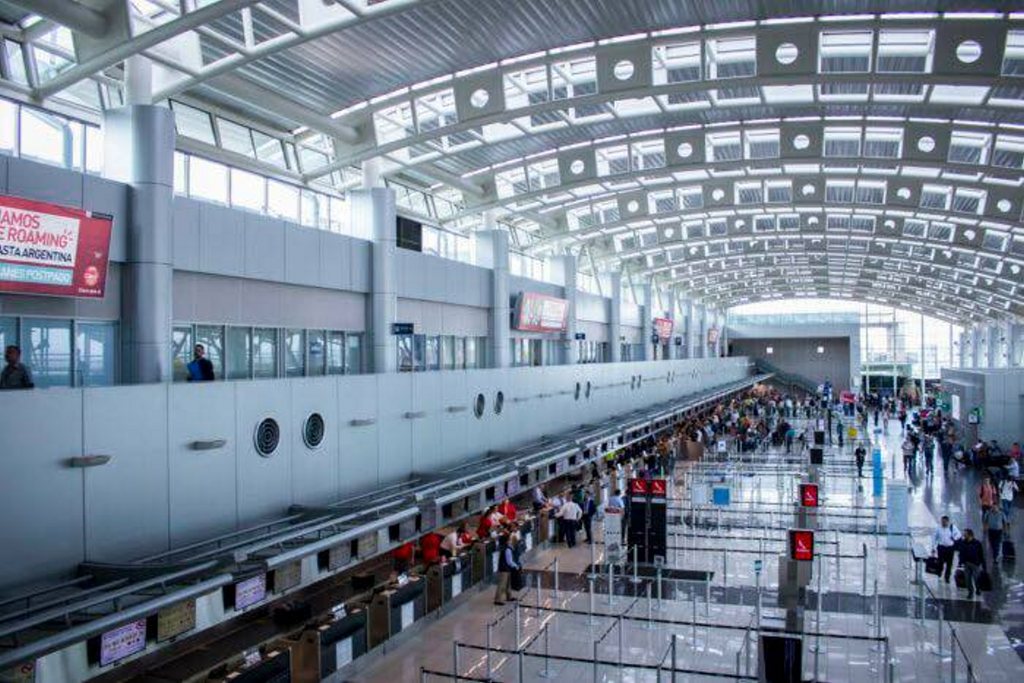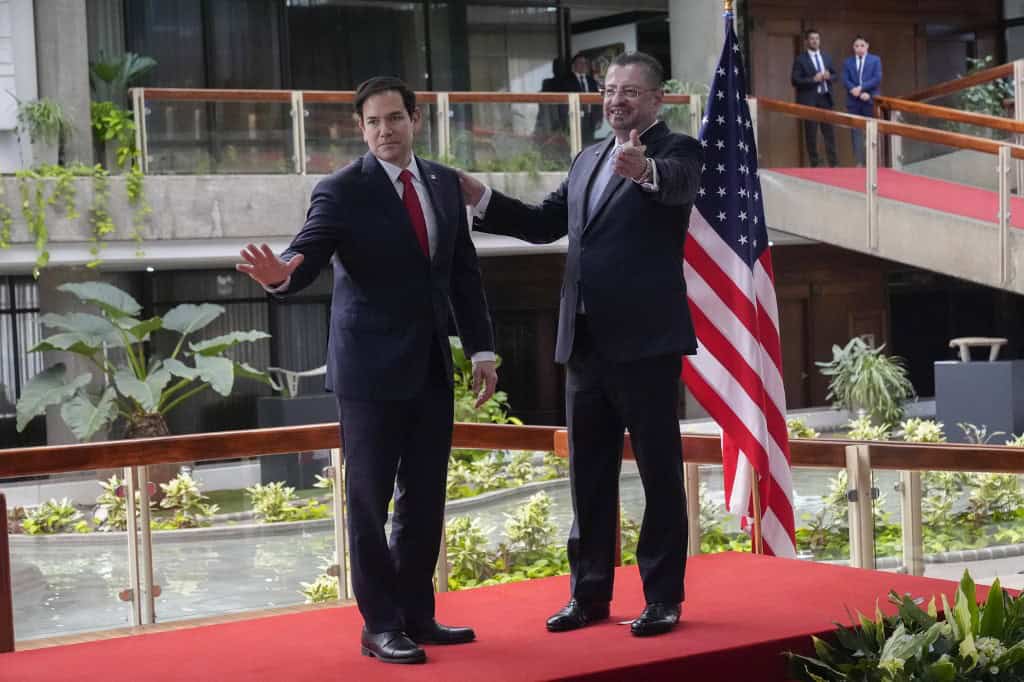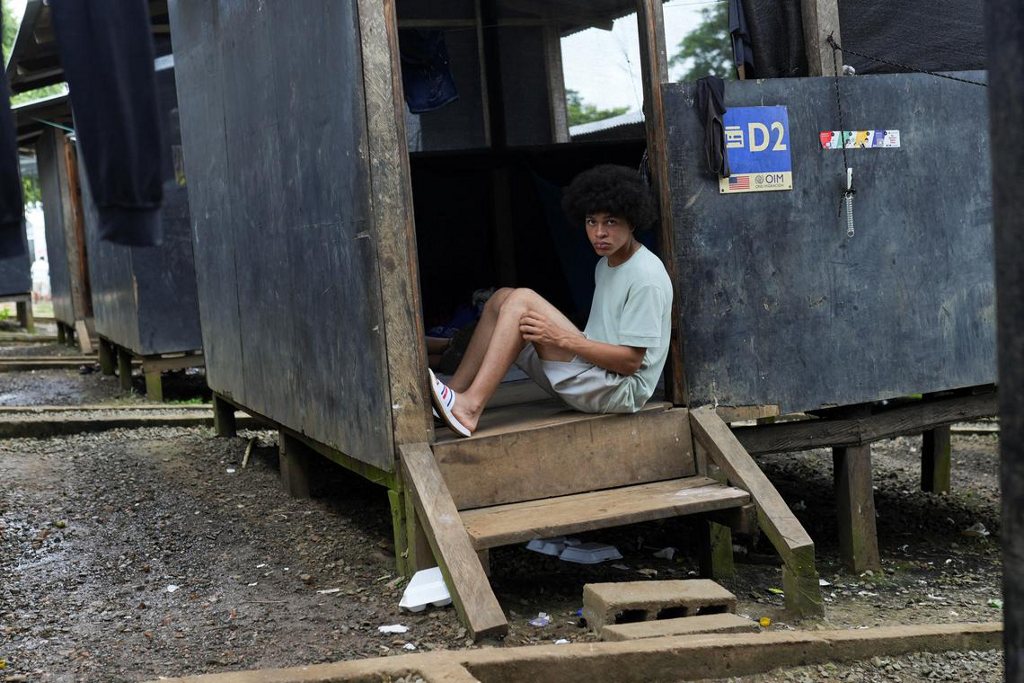QCOSTARICA (Guest Contributor) Dreaming of owning a slice of paradise? Costa Rica offers not only lush landscapes and a stable political environment but also a friendly investment climate.
Here’s what you need to know—and remember, contact your legal expert prior to making any decision.
Understanding the basics: type of properties you can own and agreements
In Costa Rica, property ownership can take three primary forms: Registered Title Properties, Right of Possession Properties, and Concession Leasehold Properties. Understanding the differences between these types is crucial for anyone looking to purchase property.
– Advertisement –
Registered Title Properties
Registered Title Properties are the most secure and common way to own property in Costa Rica. These properties have a unique identifier called a Folio Real and a Property Survey Plan known as a Plano Catastro, both registered with the National Property Registry. This type of ownership is similar to the “fee simple” title found in countries with an English Common Law system, like the U.S. and Canada.
The Costa Rican government guarantees the accuracy of these records, except in cases of fraud. Buyers can obtain a property registration extract online, which details any financial encumbrances, such as mortgages or usage restrictions.
Legal due diligence, including a Property Title Search, is conducted by a lawyer and notary. Unlike in many other countries, there are no title insurance companies in Costa Rica.
Right of Possession Properties
Right of Possession Properties are owned in a less formal way. These properties are not registered with the National Property Registry. Instead, ownership is based on possession rights declared by the seller and documented in an unregistered Notary Public Deed at the time of sale.
– Advertisement –
The government does not guarantee these possession rights, and they may be subject to unrecorded claims from third parties. Purchasing these properties can be risky and may lead to legal disputes. Thorough due diligence is difficult to perform before buying these properties.
Concession Leasehold Properties
Concession Leasehold Properties are found in beachfront areas on Costa Rica’s coasts. The first fifty meters inland from the high tide line is public property and cannot be privately owned or developed. The Maritime Zone Law of 1977 governs the next 150 meters inland. If a property in this area was already a Registered Title Property before the law was enacted, it remains privately owned.
Otherwise, it becomes a Concession Leasehold Property, leased from the government for twenty years and renewable if maintained in good standing. Local municipalities must approve zoning laws that allow for development. These leasehold interests can be transferred to other parties during the lease term.
– Advertisement –
Restrictions on Foreign Ownership of Concession Leasehold Properties
Foreigners face specific restrictions when it comes to Concession Leasehold Properties. To own 100% or a controlling interest in such property, a foreigner must have five years of legal residency in Costa Rica. Before meeting this requirement, a foreigner can own up to 49% of the property through a Costa Rican company, with a local partner holding the remaining 51% in trust. After fulfilling the residency requirement, the foreigner can fully own the property.
Once its clear what type of property is it going to be object of a real estate contract, the process starts with a legally binding agreement that outlines the terms and conditions of your transaction, price, object of the contract, timelines, essential elements to review in due diligence, guarantee deposits, representations by the buyer and seller and of course, a dispute resolution clause (arbitration is suggested). This is the first crucial step in securing your investment.
The Importance of Due Diligence
Due diligence is essential and typically spans 30 to 60 days. But, what is a due diligence process? It’s a process of collecting, analyzing and interpreting information to serve as input of your decision-making process to decide to buy or not buy.
This process includes verifying property titles, ensuring proper zoning, land use, confirming access to essential utilities, compliance with municipal taxes, review of any pending litigations. If applicable, the review of construction permits, to make sure that the property only has constructions that were duly authorized. It also allows the coordination with other professionals such as topographers and engineers to conduct site visits to verify different aspects of the property such as a verification of its dimension, the type of soil, the current status of the infrastructure, and verification that the property is outside a natural reserve or protected area.
Legal Representation
Navigating Costa Rican real estate requires expert legal guidance that will help you understand all the misdemeanours that are found in a due diligence process and to make sure you are purchasing what you think you are purchasing. Our lawyers at Plan B by Simple Legal Consulting are pivotal in coordinating due diligence, involving other necessary professionals like topographers, escrow agents, engineers and notaries, to ensure a thorough evaluation of the property.
Choosing the Right Real Estate Agent in Costa Rica
Equally important to having legal representation when investing in Costa Rican real estate, selecting a great agent is crucial. A competent, diligent, and honest real estate agent can streamline the entire process, making your investment journey much smoother. They play a pivotal role in helping you navigate the local market, understand the legal intricacies, and find the best properties that meet your investment criteria.
Financial Considerations
Understanding the costs associated with your investment is vital:
- Legal Fees for conducting the due diligence: To be agreed upon
- Real Estate Commission: Typically 5%-6% of the sale price.
- Notary fees for the closing: 1.5% of the sale price
- Transfer Tax: 1.5% of the sale price.
- Stamp Duty, Public Registry and Other Fees: Around 1% of sale price
- Escrow fees: To be agreed upon
Another common question is if there is financing available for foreigners in Costa Rica. The simple answer is yes, either through certain banks that have established special loan projects or through specialized financing companies, the possibility is real. We can assist you in exploring a wide range of options with various credit providers to ensure you find the best fit for your needs.
One notable example is NAMBI, a company that offers straightforward, direct, and fair financing options tailored specifically for foreigners. Their approach simplifies the process, making it easier for you to secure the necessary funds without unnecessary complications.
By working with NAMBI and other reputable providers, we can help you navigate the financial landscape with confidence and ease, ensuring you have access to the resources you need to achieve your goals.
Escrow Services
Using escrow services adds a layer of security by holding funds until all conditions of the sale are met. At Plan B by Simple Legal Consulting, we ensure that your funds are handled with the utmost security and professionalism since we work only with the best Escrow companies in the country.
Post-Closing Processes
After closing, property title registration with the National Registry is essential, a process we facilitate to ensure everything is seamless thanks to our outstanding Notaries that have extensive experience in registration of properties for nationals and expats. We also manage the transfer of utilities and services, making your transition smooth and stress-free.
Cultural Insights
Understanding local negotiation tactics and market dynamics is crucial. Our team provides insights and guidance to help you navigate these nuances effectively, especially in smaller communities or rural areas.
Future Considerations and Development
When investing in Costa Rican real estate, planning for the future is just as important as the initial purchase. Here are some key points to consider:
- Property Management: For absentee owners, property management services are essential to maintain and secure your investment. These services can include everything from routine maintenance and security to handling rental bookings and guest services. A reliable property management team ensures your property remains in excellent condition and generates income while you’re away.
- Land and Home Development: If you’re considering developing land or building an eco-friendly home, it’s crucial to have the right guidance and expertise. Ed Zaydelman, founder of Live The Possibility, is a renowned guru in land development, ecovillages, and sustainable home development in Costa Rica. Ed’s extensive experience and innovative approach can help you transform your property into a thriving, sustainable community or a beautiful, eco-friendly home.
By considering these future aspects and leveraging expert advice, you can ensure your Costa Rican real estate investment remains fruitful and rewarding for years to come.
Whether you’re planning to live on the property, rent it out, or develop it further, having a solid plan in place will help you achieve your long-term goals. In summary, partnering with the right professionals for property management and development, and staying informed about market trends are vital steps to securing and enhancing the value of your investment in Costa Rica.
This strategic approach not only safeguards your current investment but also sets the stage for future growth and success.
Resale Value Factors
Understanding what affects resale value—like location, property condition, and market trends—is crucial for your investment’s future potential. We provide expert advice to help you make the best decisions.
Immigration Benefits
Investing $150,000 can secure temporary residence for you and your dependents, linking real estate investment directly to attractive immigration incentives. See my article on immigration.
In conclusion, investing in Costa Rican real estate is a significant yet immensely rewarding decision. The country’s vibrant culture, breathtaking landscapes, and stable economy make it an attractive destination for both personal and investment purposes. However, the intricacies of the local market and legal requirements necessitate expert guidance to ensure a smooth and successful transaction.
About the Author
Herman Duarte, founder of Simple Legal Consulting, is an immigrant from El Salvador who, after living in Costa Rica for 13 years, is now a proud Costa Rican. He holds master’s degrees from Stockholm University and the London School of Economics and Political Science.
Passionate about writing and research, Herman is widely recognized as one of the top lawyers in the region and a leading expert in investment and immigration law in Costa Rica. Drawing from his personal experience as an immigrant, Herman uniquely understands the challenges of navigating the immigration system and is dedicated to helping others successfully transition to life in Costa Rica.
Website: www.simplecr.com
Email: hd@simple-legal.consulting
– Advertisement –
Source link
Guest Contributor



